Child Marriages
At the age of 12 years wife - a lost childhood
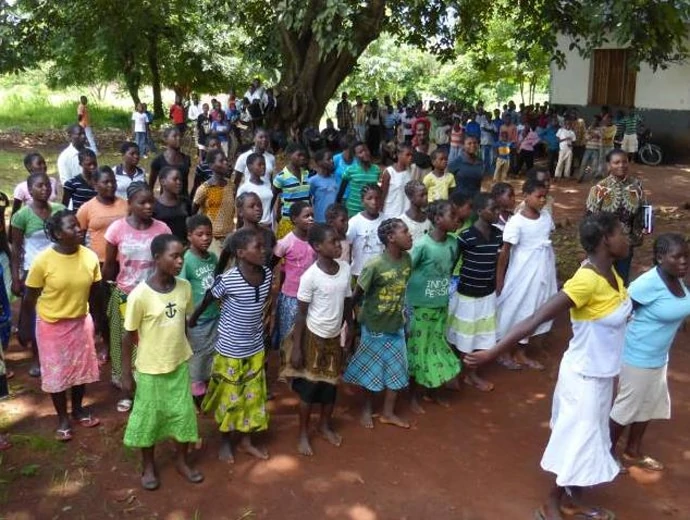
Early marriage greatly increases the risk of girls becoming victims of domestic violence or contracting sexually transmitted diseases such as HIV/AIDS. If the victims of child marriages become pregnant, complications in pregnancy and birth are inevitable. The health risks for young girls are considerable.
Progressive laws show no effect
It is true that Tanzania and Mozambique have for years had progressive legislation making child marriage a criminal offence. However, all too often the perpetrators still get away with small fines, because the representatives of the judiciary are often closely bound up in the traditional and patriarchal structures. As a rule, the traditional leaders are in charge, and state legislation has hardly been enforced, especially in rural areas.
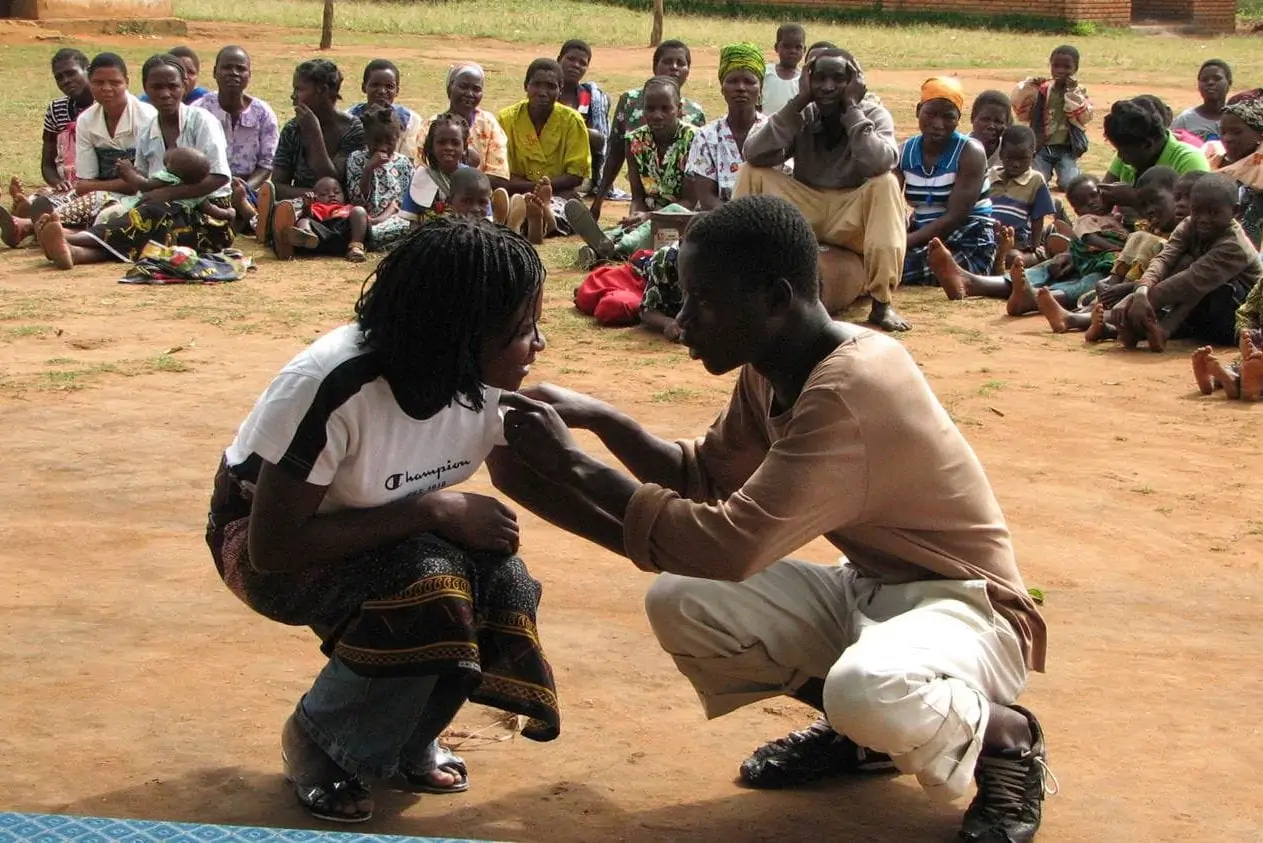
Short-term benefits
Child marriages are considered normal in large parts of the population. In addition, many families see only the short-term benefits of early marriage: they receive a bride price or believe that by marrying as early as possible they can protect their daughter from sexual abuse and "dishonour". The long-term negative consequences are ignored by them.
Persuasion at all levels
On the one hand, our partner organisations offer individual victim support for girls who were able to free themselves from a forced marriage but cannot return to their families. With broad-based sensitization work they question the prevailing cultural practices. They train parents, religious and traditional leaders, teachers, police and political leaders to work against child marriage in their communities. They do important work in convincing families and the entire community of the advantages of a good education for girls. Their positive message is that everyone benefits when girls are well educated instead of marrying them as children.
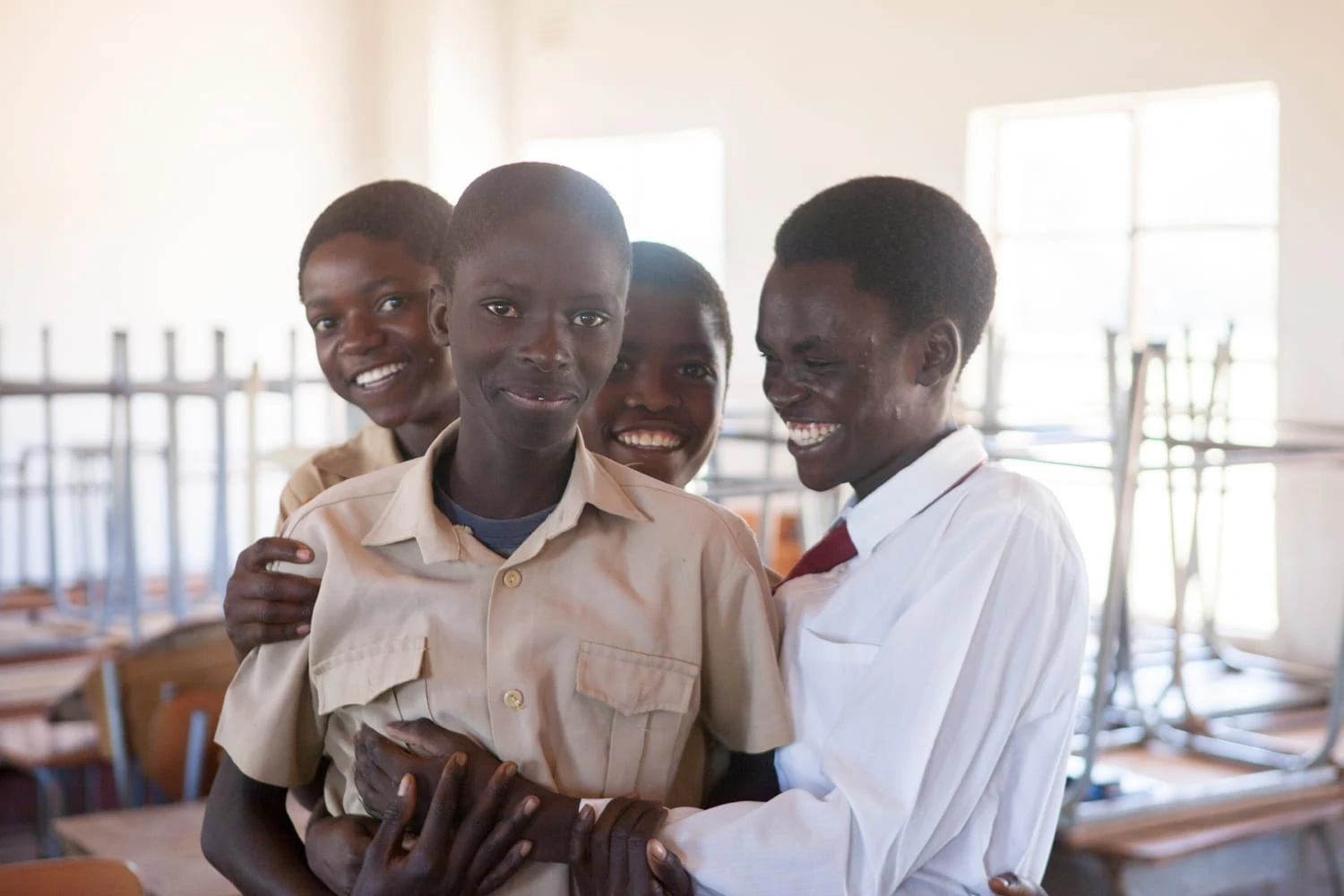
Overcoming social isolation
In addition, the girls' clubs set up by the partner organisations help to overcome the social isolation of young girls. Youth group leaders trained in psychological and social support and youth participation provide peers with information about their rights. Tabooed topics can be addressed in the protected space of the group.
Example projects Violence against girls and women
Future prospects for girls and young women - Partner organisation Ebli in Tanzania
A life without violence for girls and young women - Partner organization LeMuSiCa in Mozambique
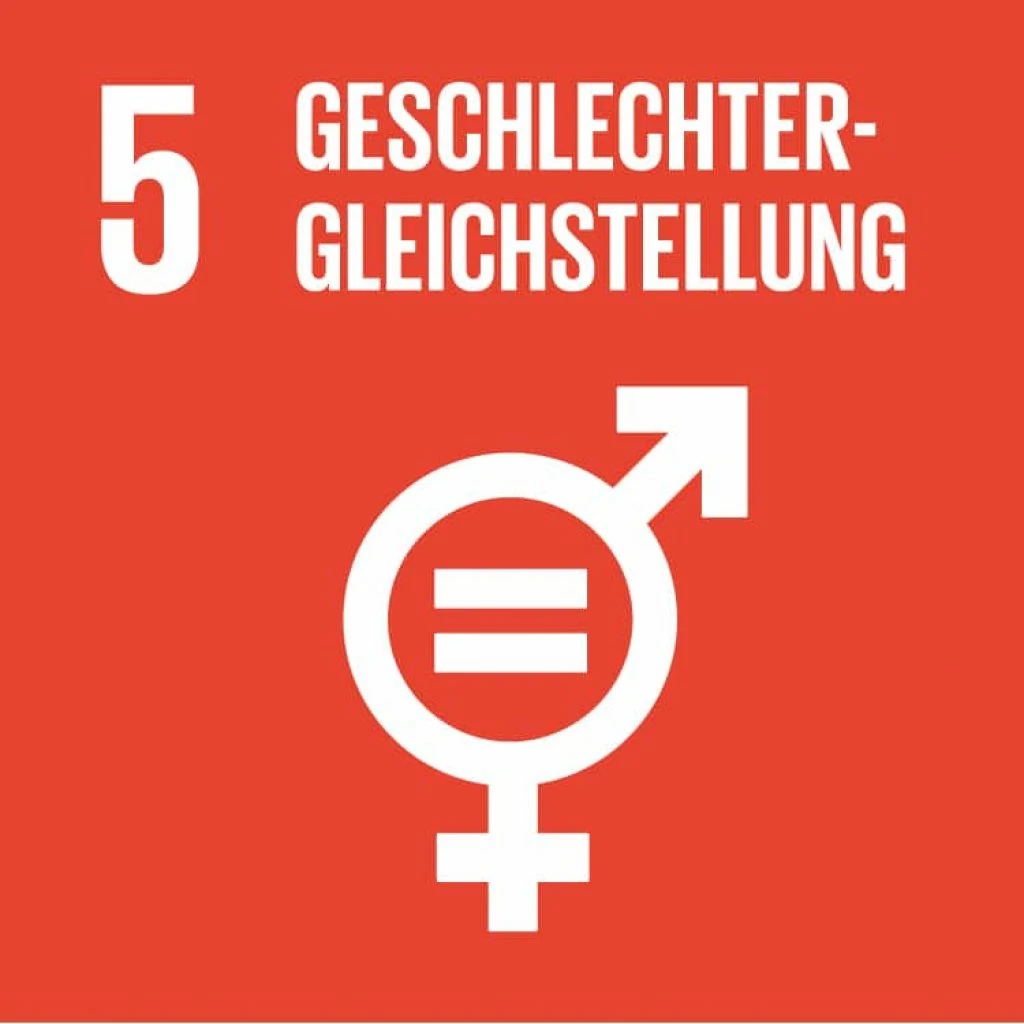
Agenda 2030 - Development Goal 5.3
This part of the project work relates to the fulfilment of the sustainable development goal 5.3 of Agenda 2030 (UNO).
The content of the target:
"Eliminate all harmful practices such as child marriage, early and forced marriage and female genital mutilation of women and girls.
Desk
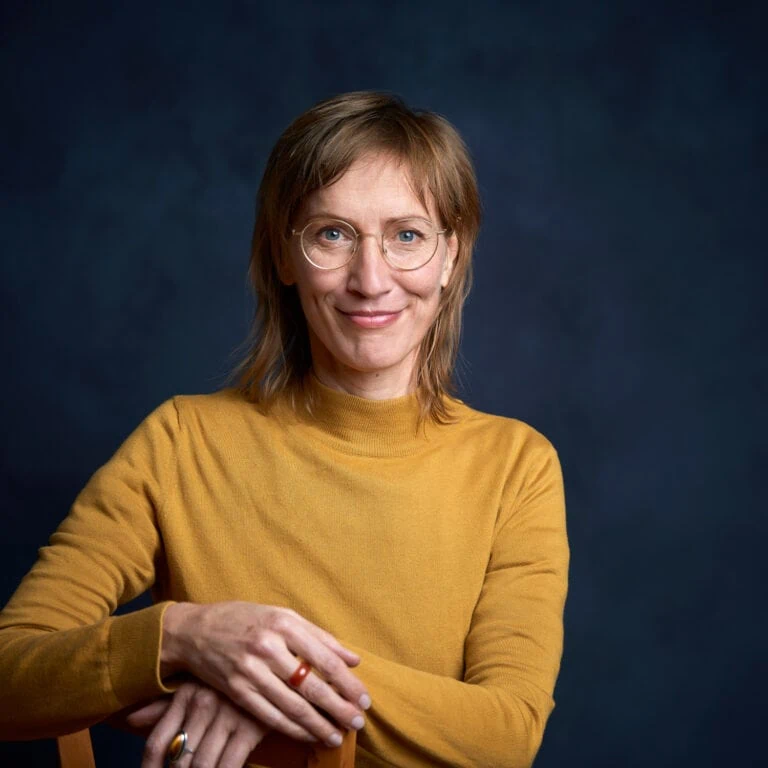

061 335 91 52 | andrea.zellhuber(at)terredeshommes.ch

